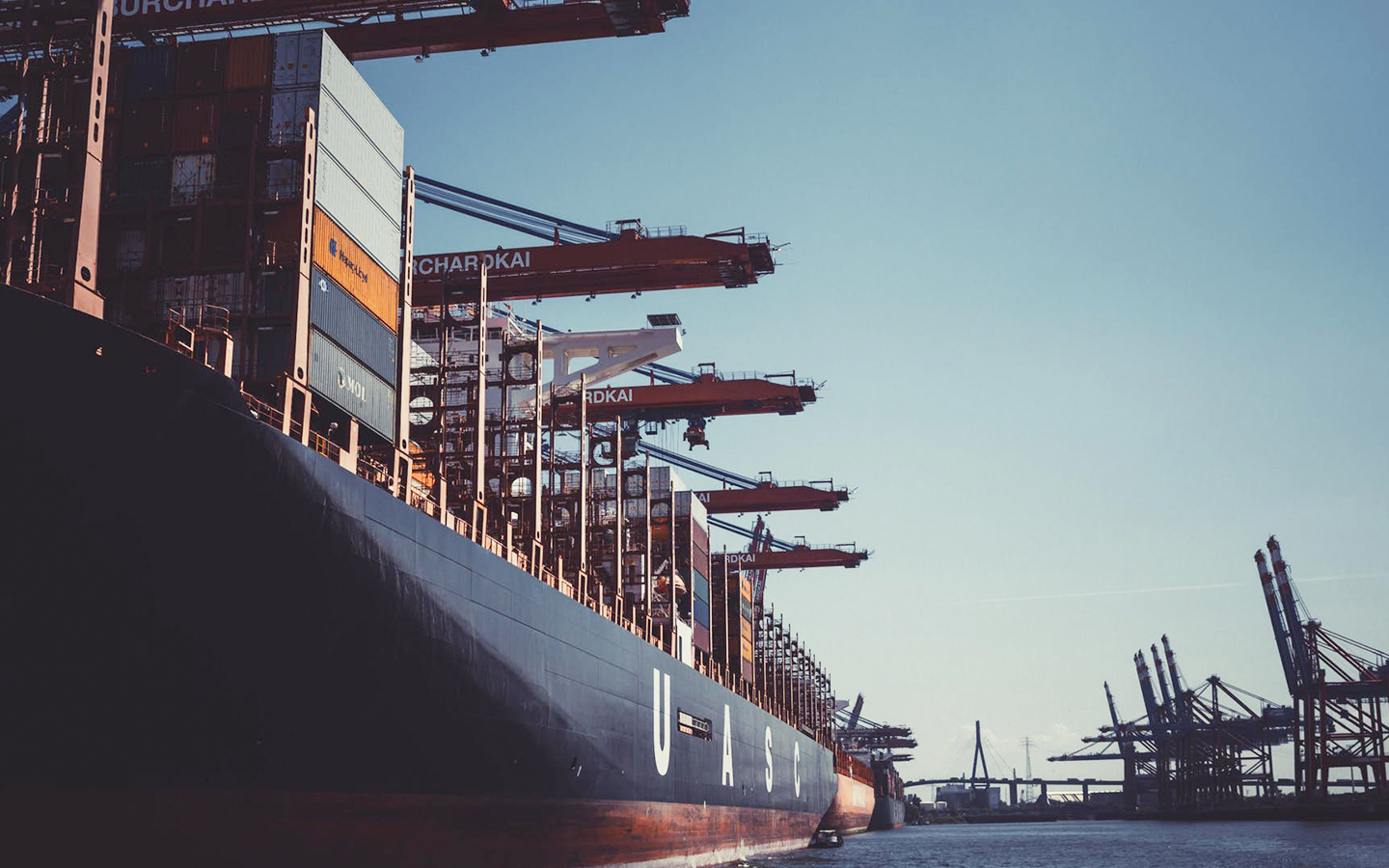On June 24, 2019, the United States Supreme Court held that a plaintiff may not recover punitive damages on a claim of unseaworthiness in a 6-3 decision. See Dutra Group v. Batterton, 588 U.S. __ (2019). As developed over the years, a claim of unseaworthiness is a strict liability tort which requires the shipowner to provide a seaworthy vessel.
In this case, Mr. Batterton sued Dutra Group, a dredging and marine construction company, after suffering a permanent injury to his hand as a result of a hatch cover blowing open. Mr. Batterton brought claims on the basis of negligence, unseaworthiness, maintenance and cure, and unearned wages, seeking both compensatory and punitive damages. Dutra Group sought to dismiss the claim for punitive damages, but the United States District Court for the Central District of California denied the motion. The Ninth Circuit Court of Appeals affirmed, creating a split of authority between the circuit courts that have previously ruled on this issue. The Supreme Court agreed to hear the case to resolve the circuit split.
The Supreme Court held that punitive damages are not available to a mariner for a claim based upon unseaworthiness. After reviewing the history of unseaworthiness claims, the Court found there was a distinct lack of cases that had allowed punitive damages for such claims. The Court also looked to the Federal Employers’ Liability Act (“FELA”), a statute frequently interpreted similarly, finding persuasive the fact that Courts of Appeals have unanimously found punitive damages unavailable. The Court also based its decision on a number of other considerations, including commercial concerns and the need to promote uniformity between maritime statutory and common law.
The majority consisted of Chief Justice Roberts, Justices Thomas, Kagan, Gorsuch, and Kavanaugh, with Justice Alito authoring the opinion. The dissent, consisting of Justices Ginsburg, Breyer, and Sotomayor, found that the Ninth Circuit correctly followed a more recent case that should have been considered controlling precedent.
The Burns White, LLC Maritime Group will continue to provide updated advice and analysis regarding this opinion and the effect it will have on the defense of maritime claims.
For any questions, please contact Kevin Alexandersen, Chair of the Maritime and Admiralty Law Group.

